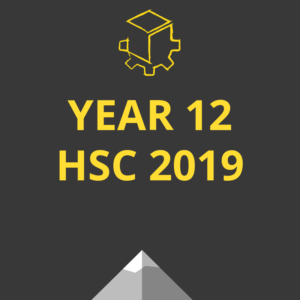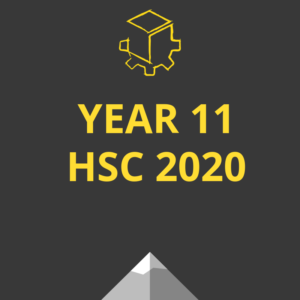In the late 1960’s and early 1970’s a Stanford University proferssor, Walter Mischel, PhD, conducted a now famous study known as the Marshmallow Test and over the last week we have been exploring its implications for students working towards a great HSC result.
In this test, Mischel had children aged between 3 years 6 months and 5 years and 8 months make a decision whether to eat a single Marshmallow immediately (instant gratification) or wait 10 minutes and receive an extra marshmallow to enjoy (delayed gratification). During the test the children were left alone in the room with the temptation of eating the single marshmallow now or hold out until the supervisor returned to enjoy a greater reward.
In this longitudinal study, Mischel was surprised to find that the children who were able to delay their gratification and wait to receive a greater reward(two marshmallows) went on to score higher results in their SAT scores and their parents were more likely to rate their children as having a greater ability to plan, handle stress, respond to reason, exhibit self control in frustrating situations and concentrate without becoming distracted (American Psychological Association).
As a coach and mentor to teenagers doing the HSC each year, I am always looking for ways to motivate students towards reaching their best possible HSC result and in reacquainting myself with this study I feel it has great relevance to our experience with teenagers who often are attracted to the instant gratification (Social Media, TV Shows, texting etc) at the expense of the delayed gratification reward (a better HSC result).
Achieving a great HSC result is all about being able to have the discipline to do the work that is needed to be done now (an extra 30 minutes of work, an extra practice essay, attempting harder questions etc) over doing what is easy/distracting now (checking facebook, watching TV, gravitating to the easy and unchallenging study tasks etc).
The greater the tendency to satisfy oneself with instant gratification now the less the reward later. In HSC language, the greater the tendency to become distracted while studying, the lower the final ATAR.
The good news is that we can train ourselves to become better at delaying gratification through training our brain to believe that the wait is worth it. If a student is studying for a Maths exam, they need to experience the benefits of choosing additional study over instant gratification through a higher actual result in the exam or reduced anxiety as a result of the additional study.
Start with small rewards: For example, only check your mobile phone for new text messages after a 60 minute block of study. Link some kind of daily reward such as an ice cream or checking your favourite website after you have completed your 30 minutes of Maths study per day.
If we can support our students to realise that every time they delay their gratification now they are adding a little bit of gratification later.
Are there any ways that you as a parent could demonstrate your ability to delay gratification to provide further evidence to your child that it’s worth it to delay?
For me, I will be attempting the Mark Zuckerberg challenge to read 26 books (1 per fortnight) in 2015 at the expense of checking social media and watching TV. For me the delayed gratification reward is the increased learning and as someone once said, “a formal education will make you a living, self education will make you a fortune”.
If you have any tricks or tips for delaying gratification I would love to hear from you.
Jesse











